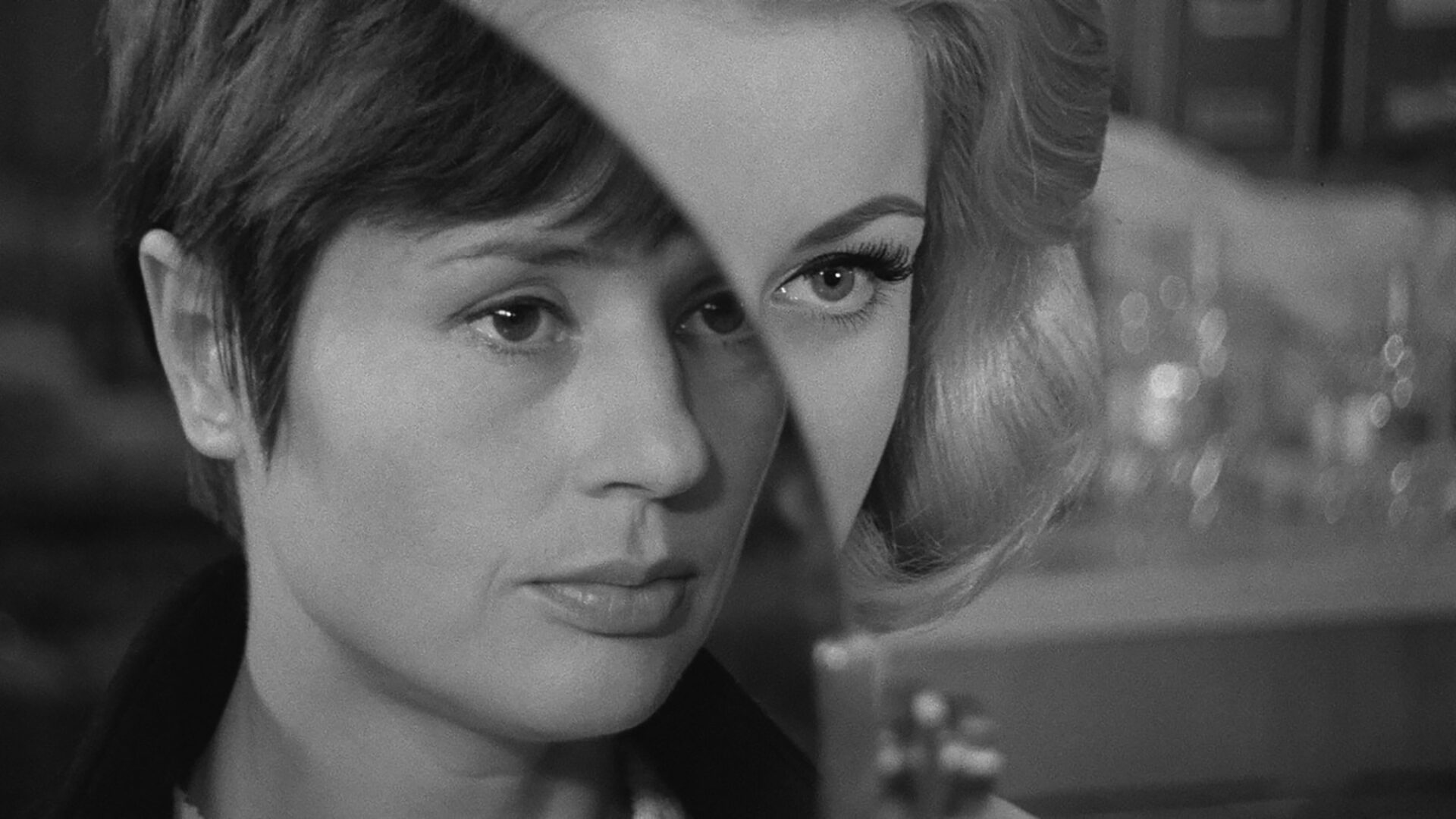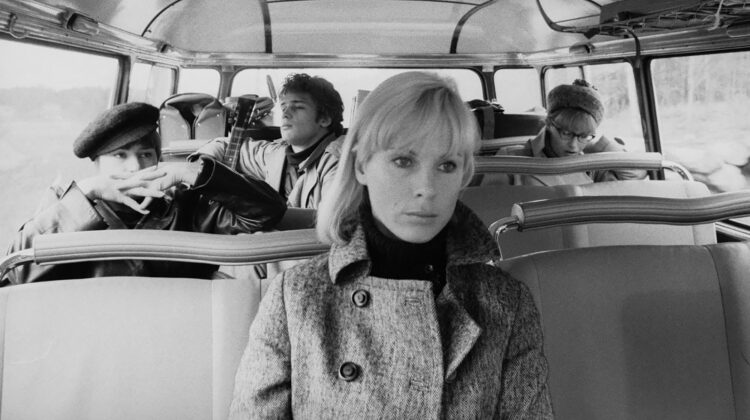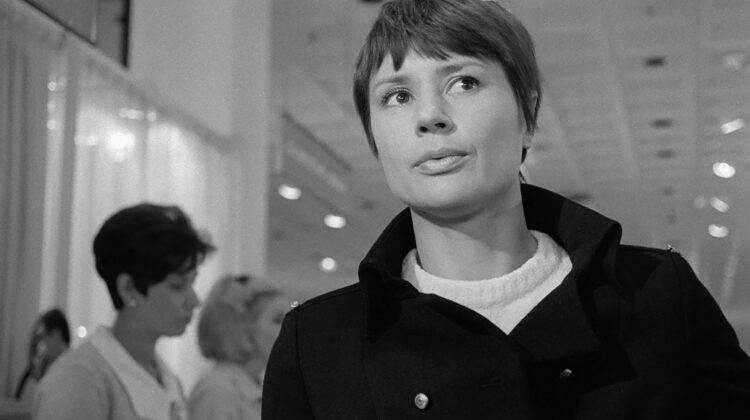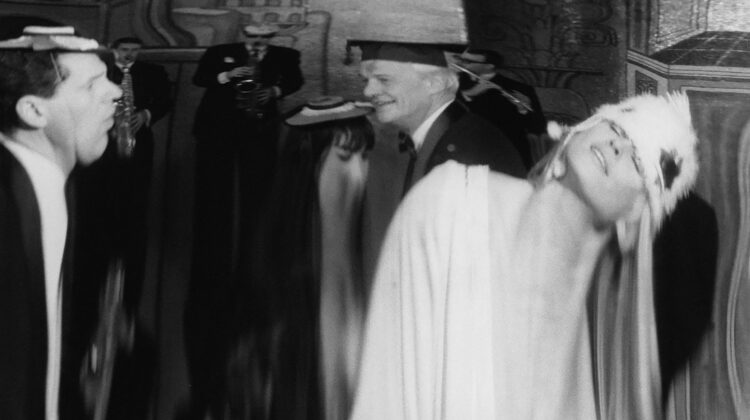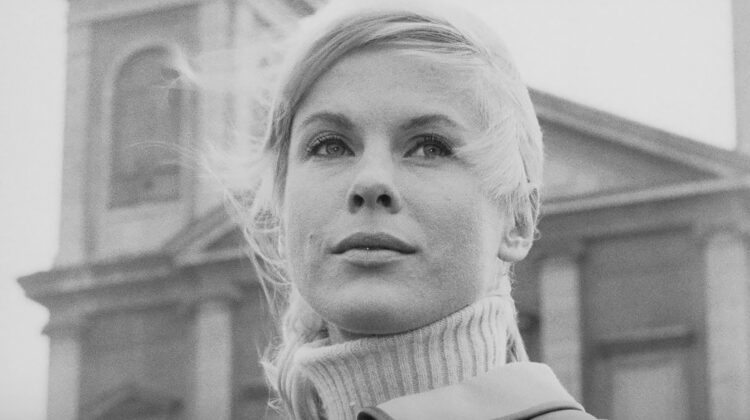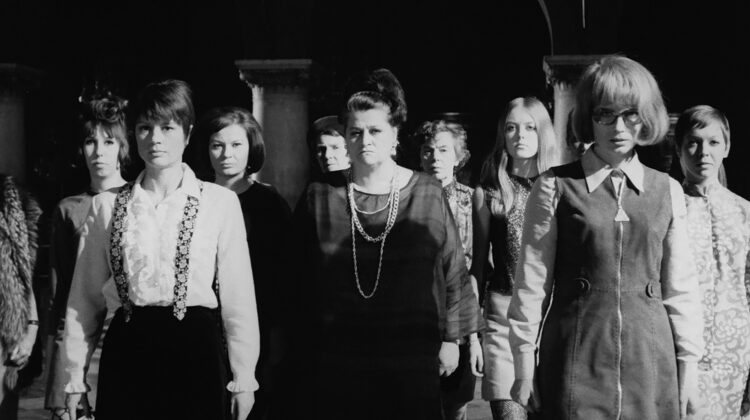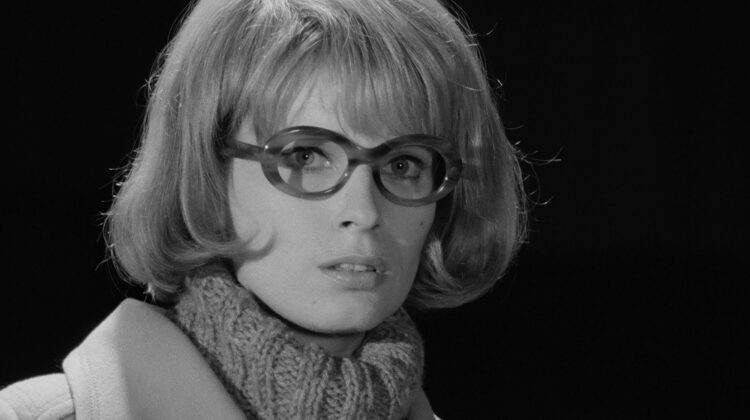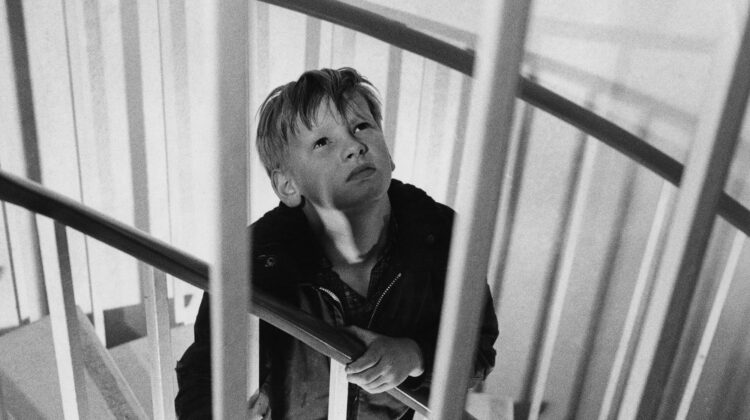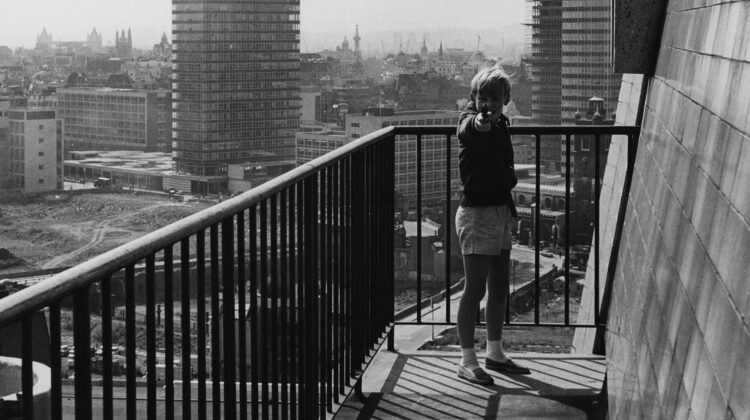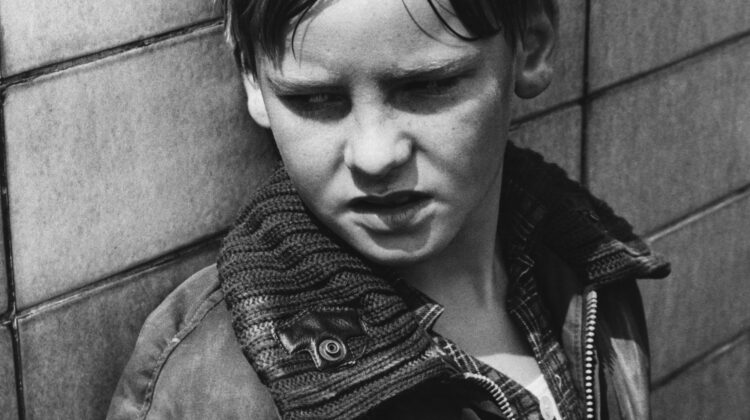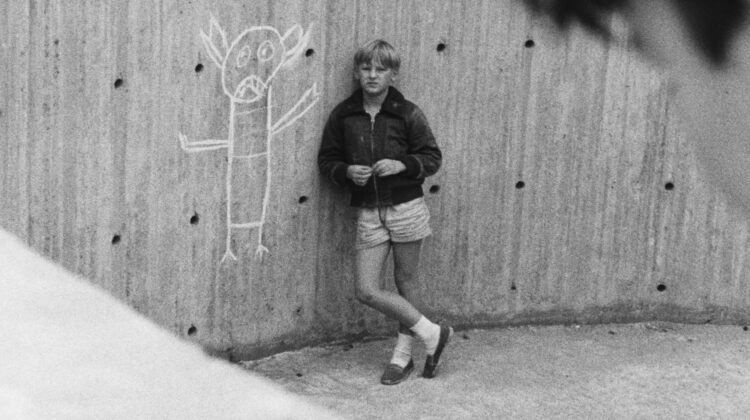One Hundred Years of Obsession: The Films of Mai Zetterling
- The Girls
- Flickorna
- Sweden1968
- Mai Zetterling
- 100 DCP
- NR
- Mai Zetterling 100
Screening Dates
- June 14, 2025 8:20
- June 27, 2025 6:30
“Ironic and comic, this film moves us by the beauty of its landscapes, its poetry, and above all the subtle tenderness with which we are shown feminine faces. It is a great success and I hope that many will see it to discover its seductions.”
Simone de Beauvoir
Rejected by Swedish audiences and critics, The Girls shows Mai Zetterling at the height of her provocative powers. Zetterling might have known her audience would be combative; the film anticipates and is powered by acts of refusal. Its plot concerns a touring show of Aristophanes’s Lysistrata, a comic satire—as well as an ongoing political reference point—in which a group of women, in response to warfare and male dominance, choose to uncompromisingly reject the act of sex. The protagonists, played by Bibi Andersson, Harriet Andersson, and Gunnel Lindblom, find themselves submerged in the play’s text, which brings their own lives—and their distance from the play’s ideas, or any coherent solidarity—into sharp relief. Zetterling regards their attempts to change their own minds—and their audience’s—with a mixture of suspicion, amusement, and intermittent satisfaction.
In Swedish with English subtitles
“Brilliant and coruscating.” Pamela Hutchinson, Sight and Sound
“A stylish, strikingly photographed manifesto … The Girls is a battle cry directed, and finally restricted, to the particularities of Sweden, or rather the absence of particularities—the very vagueness, the lack of resonance, of friction and feedback, the isolation of women from each other, from men, and from the rest of the world.” Molly Haskell, Village Voice
preceded by
The War Game
United Kingdom 1963
Mai Zetterling
15 min. DCP
After a series of short documentaries, Mai Zetterling completed her autodidact film education with The War Game, a dialogue-free narrative in which two boys chase each other through an architectural maze in pursuit of one objective: the chance to pull the trigger on a gun.
“The boys’ game is reduced to a purely instinctual level of behaviour … Zetterling’s interest in theatricalities as a heightened metaphor for life can be seen in The War Game in an embryonic form.”
Derek Elley, The World of Women in Film
